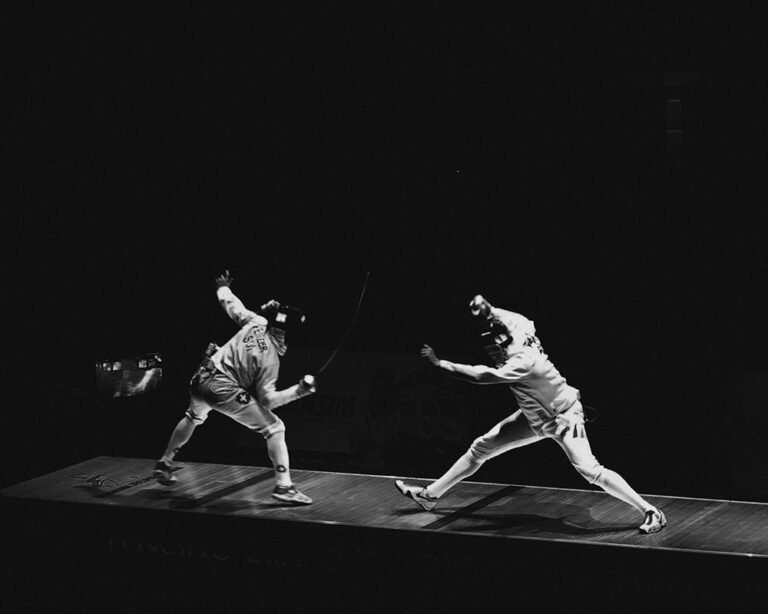provenir
The French verb “provenir” means “to come from.” So don’t be tempted to say “venir de” which means “to have just (done something).” Instead, you should use “provenir.” Etymology of provenir Latin Origin: Meaning: Evolution into French: Present Tense (Présent) Passé Composé In the passé composé, “provenir” is conjugated with the auxiliary verb “être” and…









